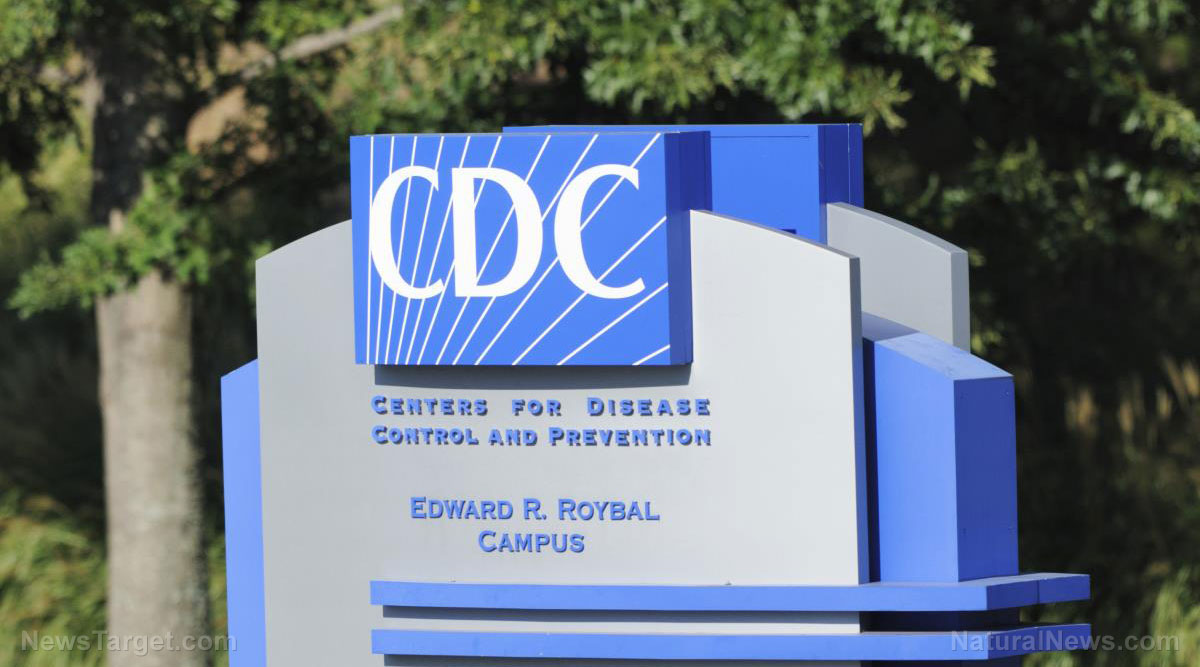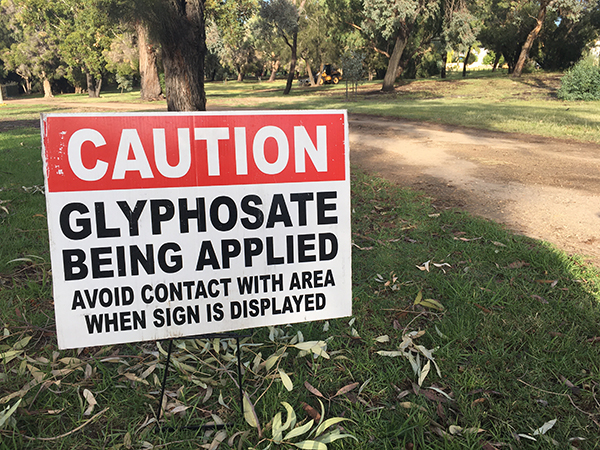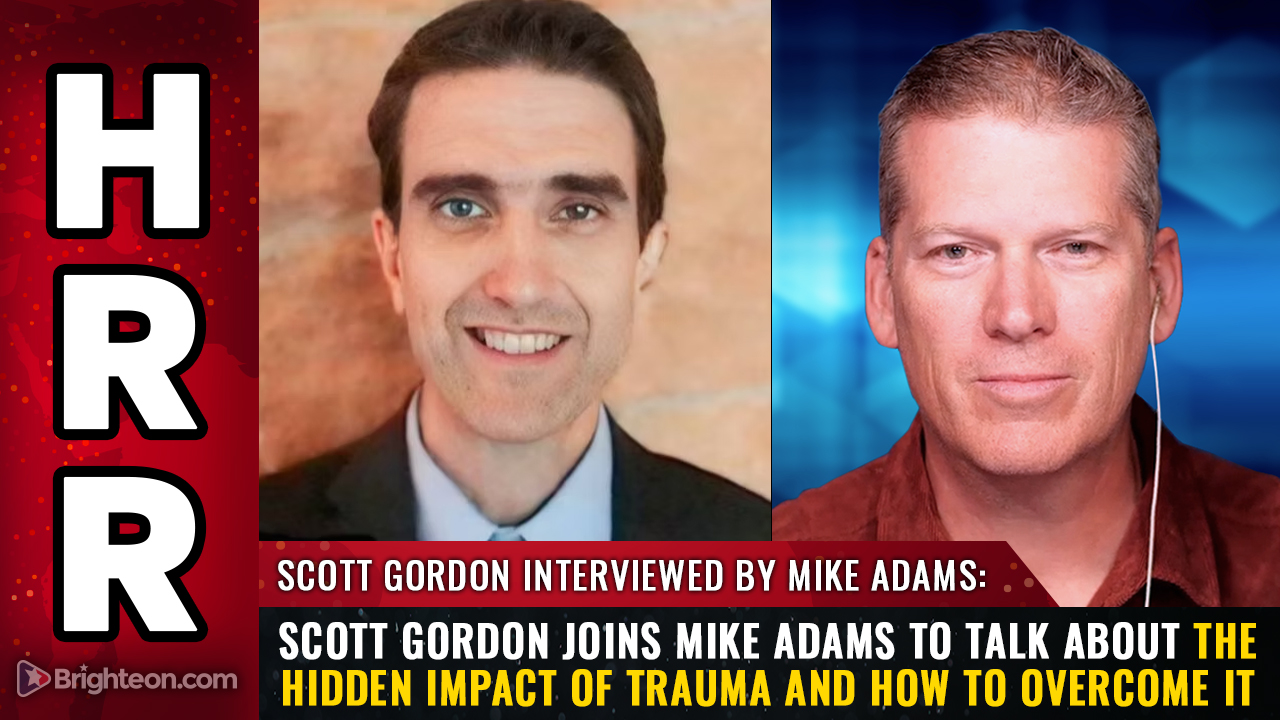CDC disbands advisory committee responsible for controlling infections in hospitals
05/14/2025 / By Ramon Tomey

- The CDC has dissolved the Healthcare Infection Control Practices Advisory Committee (HICPAC), which shaped infection control guidelines for hospitals, raising concerns about weakened defenses against emerging pathogens.
- Healthcare professionals warn the move jeopardizes patient and worker safety, as HICPAC provided evidence-based recommendations on hand hygiene, isolation and mask protocols widely adopted nationwide.
- The committee’s March 31 dissolution was only communicated to members in May, months after unexplained meeting cancellations, with experts calling the decision “disappointing and concerning.”
- HICPAC was finalizing updated airborne pathogen guidelines (last revised in 2007), including COVID-19 lessons. Its absence may lead to inconsistent state-level standards and outdated policies.
- While critics fear reduced oversight, the disbandment aligns with a health freedom agenda, allowing hospitals to set their own protocols instead of following federal recommendations.
The Centers for Disease Control and Prevention (CDC) has disbanded a key advisory committee responsible for shaping national infection control guidelines in hospitals and healthcare facilities, a move critics warn could leave the U.S. vulnerable to emerging pathogens and antimicrobial resistance.
The decision, confirmed by the Department of Health and Human Services (HHS), follows an executive order from President Donald Trump aimed at reducing federal advisory committees deemed “unnecessary.” The abrupt termination of the Healthcare Infection Control Practices Advisory Committee (HICPAC) has drawn sharp criticism from medical professionals who argue the panel played a critical role in safeguarding patient and healthcare worker safety.
Established in 1991, HICPAC provided evidence-based recommendations on preventing healthcare-associated infections – including protocols for hand hygiene, isolation precautions and mask use. Hospitals across the nation adopted the guidelines put forward by the now-disbanded advisory committee.
The committee’s dissolution, which took effect on March 31, was only communicated to members in May – months after scheduled meetings were canceled without explanation. HICPAC member Dr. David Weber called the move “disappointing and concerning.”
“There is no other federal panel that can do this work,” he continued. Weber, the president of the Society for Healthcare Epidemiology of America (SHEA), emphasizing that CDC-backed guidelines carry more weight than those from individual medical societies.
SHEA and the Association for Professionals in Infection Control and Epidemiology likewise expressed disappointment in a joint statement. The two organizations warned that eliminating HICPAC “creates a preventable gap in national preparedness,” particularly as antibiotic-resistant infections and emerging diseases pose growing threats.
From federal control to health freedom: How HICPAC’s end shifts power to hospitals
Prior to its dissolution, the HICPAC was in the final stages of updating airborne pathogen guidelines – which have not been revised since 2007. The guidelines sought to incorporate lessons from the Wuhan coronavirus (COVID-19) pandemic. Infectious disease specialist Dr. Anurag Malani noted that the draft included contentious changes, such as allowing surgical masks instead of N95 respirators in some cases. (Related: If masks really work, why is the CDC about to drop its nationwide mask guideline?)
While the CDC maintains it remains committed to infection prevention, experts fear the absence of HICPAC’s structured input will lead to inconsistent standards across states. “You’d want to avoid seeing state and local health departments try to figure this out on their own,” Malani said.
With archived webpages and stalled updates, the committee’s decades of work – 540 recommendations, with 90 percent adopted by the CDC – now risk becoming outdated. As healthcare systems grapple with post-pandemic challenges, the loss of HICPAC underscores a broader tension between federal streamlining and public health readiness.
However, one door opens when another closes. With the HICPAC disbanded, individual hospitals are now free to follow their own protocols and adjust them as they see fit instead of following a top-down approach. This lines up with the health freedom agenda prompted by the HHS, the CDC’s parent agency, under Health Secretary Robert F. Kennedy Jr.’s leadership.
Visit CDC.news for more similar stories.
Watch this news report about representatives of the Department of Government Efficiency paying a visit to the CDC’s headquarters.
This video is from the TrendingNews channel on Brighteon.com.
More related stories:
CDC advisory panel declares that young boys should be vaccinated against HPV, cervical cancer.
Sources include:
Submit a correction >>
Tagged Under:
big government, CDC, dissolution, Donald Trump, freedom, health care, health freedom, healthcare facilities, HHS, HICPAC, Hospitals, infection control, infections, Liberty, outbreak, progress, Robert F. Kennedy Jr., White House
This article may contain statements that reflect the opinion of the author





















